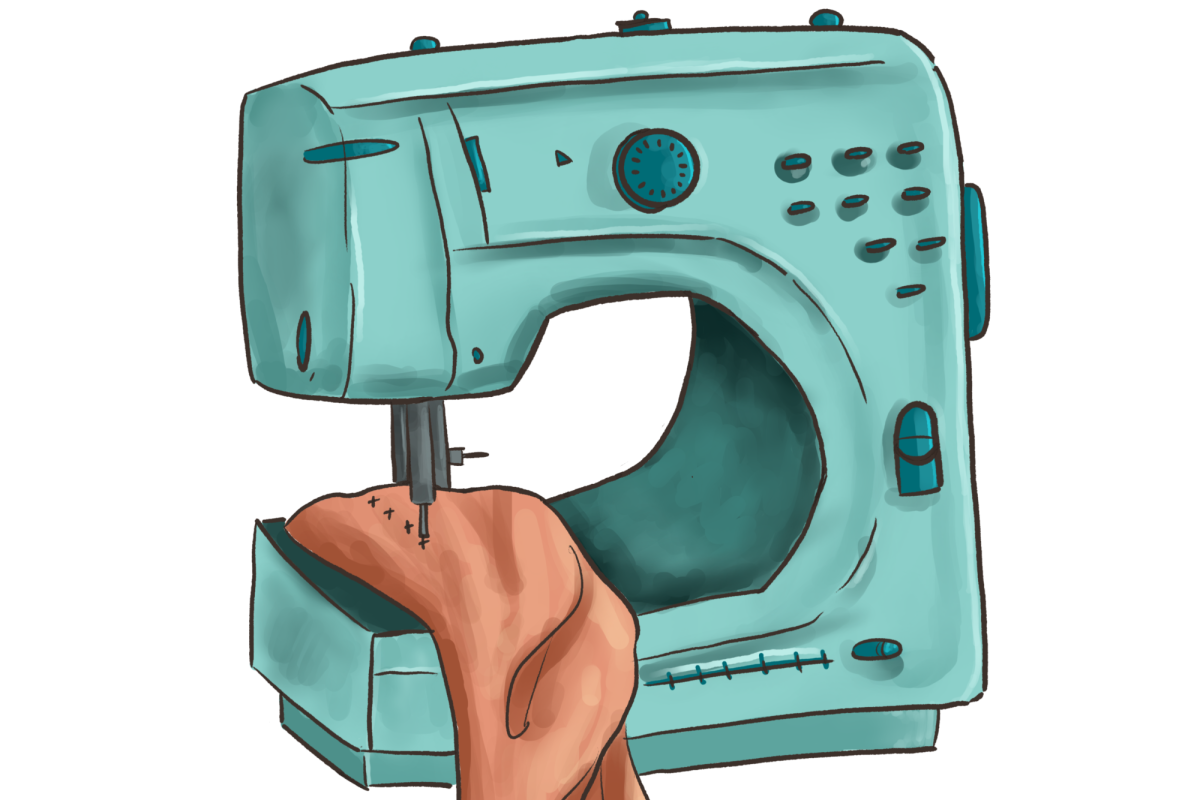A handful of student smokers approached Gina Woodard in 2010 looking for ways to quit. Being a health and gym teacher, Woodard agreed to organize a group where students could learn more about the risks of smoking and gain tools to help them quit. Through the organization Smoking Cessation, Woodard brought in diseased organs from Barnes-Jewish Hospital and guest speakers. Speaker Don
Young told his inspirational struggle about beating throat cancer to the group for free instead of charging his usual $250 fee.
The students went through a series of incentive-laden steps to help them kick the habit. At the end of the program, whoever improved the most was given tickets to a Cardinals game.
According to Woodard, the kids took complete ownership and provided each other with help and support to limit or quit smoking. There was absolutely no fee to the members, and they were never pressured by Woodard or other speakers to quit.
“You want kids to have an opportunity to make a change,” Woodard said. “If nothing else, they at least had more tools than before to help them quit.”
Familiar face: Her time to quit
Julie Rice, family and consumer science
Julie Rice, family and consumer science teacher, picked up smoking as a freshman in high school. Packs of cigarettes were only $1, schools had designated smoking areas and both of her parents smoked, along with her boyfriend and closest friends.
When she became pregnant with her first son, Rice knew she needed to quit because of the health risks, but only cut back by a few cigarettes. Patrick Rice was born healthy and showed no signs of disease caused by second-hand smoke until he reached the age of 3, when he began limping and complaining about pain in his leg.
Concerned, Rice payed a visit to his pediatrician where she was told that Patrick had what is known as Perthes disease, where the ball of the thighbone in your hip does not get enough blood and eventually dies. Perthes disease, the doctor said, is correlated with second-hand smoke.
“That was it. I had to quit,” Rice said. “The doctor said it wasn’t my fault, but I knew it was.”
That day, Rice gave up her addiction for good.
“I remember feeling like a drug addict,” Rice said. “It took me two years before I didn’t think about smoking every single day.”
It’s been 12 years since Rice has picked up another cigarette. When Gina Woodard, health and gym teacher, asked Rice to tell her story to the smoking group, she was more than willing.
“I really empathized with the kids in that group because I know how hard it is to quit,” Rice said. “I’m really
grateful that that’s not a part of my life anymore.”









